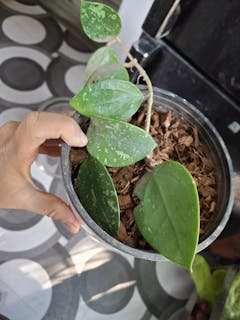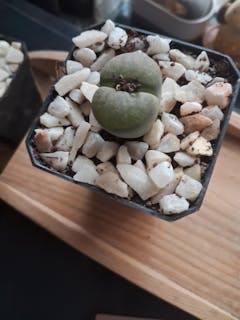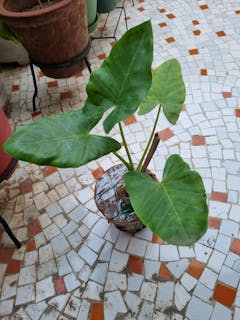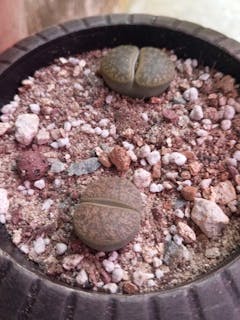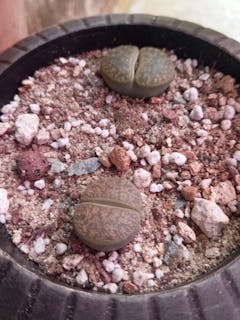Tecoma Capensis Orange
Family
Bignoniaceae
Origin
Southern Africa
Description
Cape honeysuckle is a fast growing, scrambling, multi-stemmed shrub which may grow up to 2-3 m high and spread more than 2.5 m. It is an evergreen plant in warm regions but loses its leaves in harsh winters. It has pinnately compound, glossy leaves that have oval leaflets with blunt teeth. Flowering time for this shrub is very erratic and it often flowers all year round. Flowers are tubular in showy many-flowered heads and vary in colour from red, deep orange, yellow to salmon.
This attractive garden plant is a popular garden shrub and is often planted specifically to attract birds and butterflies to the garden.
Environment
Cape honeysuckle can be planted in semi-shade to full sun. It withstands clipping and can be trained into a neat hedge, or allowed to bush out into a more informal hedge. To keep this shrub clean and tidy, it must be pruned back in late winter to promote new growth and flowers. Plants can be pruned back heavily if required, and will resprout. The application of a balanced fertilizer after pruning will enhance the growth and flowering.
Landscape Use
Tecomaria capensis is an attractive ornamental garden plant commonly used for screening and decorative purposes, and can also be trimmed to form a hedge.















